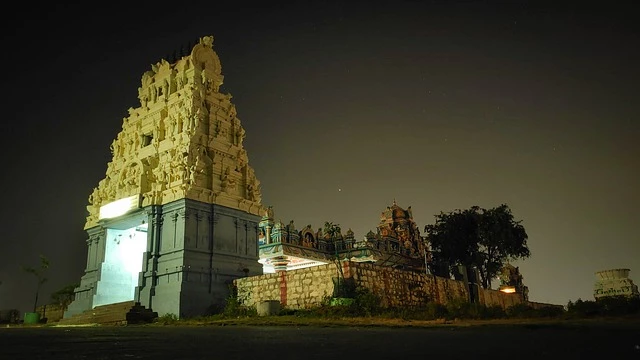How Deepavali Wishes in Tamil Were Developed

Deepavali is a Hindu festival celebrated across India and other countries with large Indian populations. This day of joy and celebration is marked by the exchange of Diwali wishes written in different languages. Of all the languages used, Tamil has emerged as one of the most popular choices. But how did Deepavali wishes in Tamil become so popular? In this article, we’ll explore the history, meaning and development of Deepavali wishes in Tamil and how they have evolved over time. We’ll also look at some of the most popular Deepavali wishes in Tamil and what they mean.
What is Deepavali?
Deepavali, also known as the Festival of Lights, is an important Hindu festival that celebrates the victory of good over evil and light over darkness. The festival is celebrated with much fanfare across India, and tamil-speaking Hindus living in Tamil Nadu, Kerala, Sri Lanka, Malaysia, and Singapore all have their own unique way of celebrating Deepavali.

In Tamil Nadu, the festival is celebrated by lighting lamps (deepam) in homes and temples, as well as setting off fireworks. On the eve of Deepavali, people dress up in new clothes and exchange gifts with family and friends. Families gather together to enjoy a festive meal, which typically includes traditional Tamil dishes such as sweets made with jaggery (unrefined sugar), sesame seeds and coconut.
The following day is when the main celebrations take place. Temples are decorated with lights and flowers, and there is a lot of singing and dancing. On this day, people also visit friends and relatives to exchange greetings and gifts. Deepavali is truly a time for rejoicing and celebrating life!
The History of Deepavali Wishes in Tamil
Deepavali is a popular Hindu festival that celebrates the victory of good over evil. The festival is also known as the “Festival of Lights” because of the traditional practice of lighting lamps and candles to symbolize the triumph of light over darkness. Deepavali is celebrated in many parts of India, but it is especially popular in Tamil Nadu.
Tamil people have been celebrating Deepavali for centuries. The earliest recorded mention of Deepavali in Tamil literature dates back to the Sangam era, when it was known as “Pongal.” Pongal was originally a harvest festival, but it eventually came to be associated with the victory of Lord Rama over the demon king Ravana.
In more recent times, Deepavali has come to be known as a festival that celebrates the triumph of good over evil. Lamps are lit to symbolize the light of knowledge that dispels ignorance and darkness. Candles are also burned to represent the individual soul’s journey from ignorance to enlightenment.
Deepavali wishes in Tamil are traditionally written in verse form. These verses often express themes of hope, peace, and prosperity. Many Deepavali wishes also include blessings for family members and friends.
How Deepavali Wishes in Tamil are Used Today
In present day, Deepavali wishes in Tamil are used as a way to share the spirit of the holiday with others. The traditional greeting for Deepavali is “இன்றைய தீபாவளி !” which translates to “Happy Deepavali!”. This phrase is often followed by other well wishes such as “May this Deepavali be filled with happiness and prosperity” or “Wishing you a safe and joyous Deepavali”.
Deepavali greetings can also be found on social media platforms such as Facebook and WhatsApp. On these platforms, people typically use GIFs or images along with their message to make it more visually appealing. Many times, these images will include lamps, diyas (small oil lamps), or rangoli (colorful designs made from powder).
Conclusion
The development of Deepavali wishes in Tamil is a testament to the cultural diversity and richness of India. This festival, which has its roots in Hindu mythology and tradition, is celebrated by people from all walks of life. It is an occasion for family and friends to come together, share food and exchange gifts. Whatever form it takes, we wish everyone a happy Deepavali!
See More: Diwali Tamil Wish Tips






